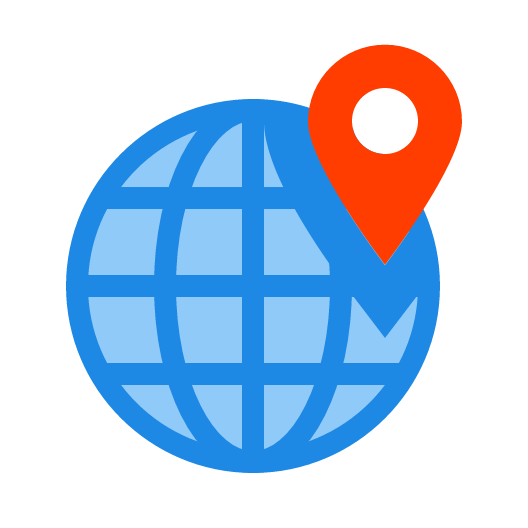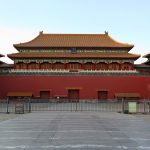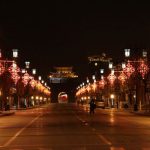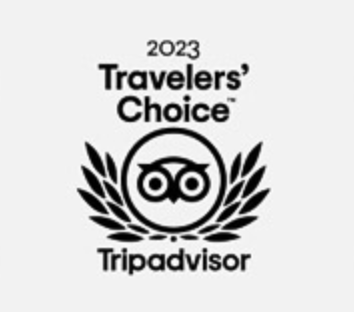What healthy measures shall I take before visiting china?
Before you leave on an extended trip, consider having a physical check-up. Get your “shots” and start any new medication well in advance of your departure. Carry an extra supply of medication, labeled and in the original container, with a copy of each prescription. Be sure to pack all medication in your hand luggage so it will be available if your bags are lost or stolen. (Check with your travel agent or the appropriate consulates to be sure your prescription drugs can be taken into countries you plan to visit.) Also, take your eyeglass prescription with you, as well as an extra pair of glasses.
Take along a small first-aid kit. Depending on your destination, bring medication for upset stomach or motion sickness. Other useful items include nasal spray, sunscreen and insect repellent. Check with your local health authorities for further suggestions.
Ask your doctor for advice on inoculations, and take along a record of your blood type. Note down the phone number of embassy or consulate of your nation in the country that you are going to visit. If you become ill abroad, you can consult your country’s consulate for medical or hospital services. The Centers for Disease Control (404.639.3311) has information on dire health situation around the world.
What shall I prepare in my medical kit if I want to take one with me?
Following is a list of items you should consider including in your medical kit – consult your pharmacist for brands available in your country.
1. Aspirin or paracetamol (acetaminophen in the USA) – for pain or fever
2. Antihistamine – for allergies, e.g., hay fever; to ease the itch from insect bites or stings; and to prevent motion sickness
3. Cold and flu tablets, throat lozenges and nasal decongestant
Multivitamins – consider for long trips, when dietary vitamin intake may be inadequate
4. Antibiotics – consider including these if you’re travelling well off the beaten track; see your doctor, as they must be prescribed, and carry the prescription with you
5. Loperamide or diphenoxylate – ‘blockers’ for diarrhoea
6. Prochlorperazine or metaclopramide – for nausea and vomiting
7. Rehydration mixture- to prevent dehydration, which may occur, for example, during bouts of diarrhoea; particularly important when travelling with children
8. Insect repellent, sunscreen, lip balm and eye drops
Calamine lotion, sting relief spray or aloe vera – to ease irritation from sunburn and insect bites or stings
9. Antifungal cream or powder– for fungal skin infections and thrush
10. Antiseptic (such as povidone-iodine) – for cuts and grazes
11. Bandages, Band-Aids (plasters) and other wound dressings
Do I need to bring my medical record?
It is advisable to bring your medical records with you when you travel in China. The medical record better contain following information: your blood type, immunization record, allergies, and any medications you are currently taking (both prescription and non-prescription), your doctor’s name, address, phone number, emergency contact name and phone number, and your insurance company’s name, address and phone number.
What should be careful while traveling in China?
China is a remarkably healthy country despite its relative poverty and climatic variations. Large cities like Beijing and Shanghai have decent medical facilities and excellent doctors, but problems can be encountered in isolated areas such as Inner Mongolia, Tibet or Xinjiang. If you travel to these areas, you must be aware of potential hazards and act cautiously. Following are some tips for you during your trip in china.
1. Although many locals do drink the tap water, we recommend that you drink only bottled water or boiled water. Tap water in China is not safe. You may use the tap water to brush your teeth and rinse your mouth. All water consumed must be boiled or filteredunless it is bottled mineral water. Boiled water is available in all Chinese hotels and restaurants.
2. The restaurants we will take you for lunch and dinner are all designated tourist restaurants with very good sanitary conditions. But although food is prepared fresh and cooked or cleaned thoroughly, as you are not accustomed to the Chinese food, stomach upsets are possible so it is advisable to take some medicine with you. Don’t eat food purchased from street vendors and never eat uncooked meat, raw eggs, or unpasteurized dairy products
3. Ailments such as sore throats and chest colds are also possible and can occur at any time of year considering China’s climatic extremes. The summer months are brutally hot so it is imperative to combat the harmful summer heat with a sufficient supply of liquids to prevent dehydration.
4. Self-diagnosis and treatment can be risky, so wherever possible seek qualified help. The clinics in large hotels and restaurants offer medical and massage services to travelers. If you feel uncomfortable while on a tour, you may phone the outpatient department of the hotel, or ask your guide to take you to see the doctor as soon as possible.
Can I drink the tap water in the hotel?
The tap water is not drinkable in hotels in china. There is a boiler in each room with which you can boil water. There is also a mini-bar where you can find different kinds of drinks. But it is not included in the room rate. You have to pay if you have the drink.











